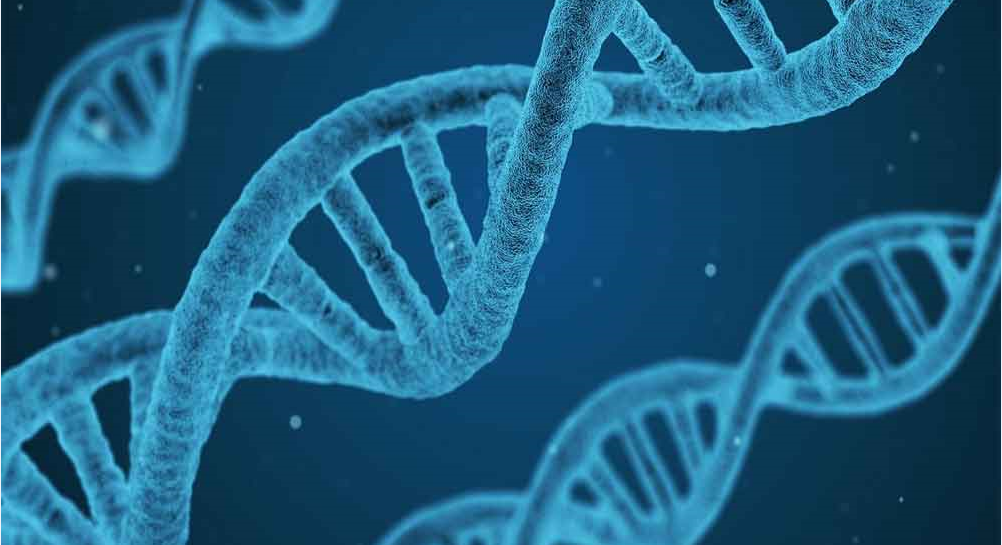
Can Binge Drinking Alter Your DNA?
Do you believe binge drinking only happens at college parties? Wrong, it happens a lot more. “Binge drinking is a serious but preventable public health problem,” states a CDC fact sheet on binge drinking. “Binge drinking is the most common, costly, and deadly pattern of excessive alcohol use in the United States.”
The National Institute on Alcohol Abuse and Alcoholism “defines binge drinking as a pattern of drinking alcohol that brings blood alcohol concentration (BAC) to 0.08 percent—or 0.08 grams of alcohol per deciliter—or higher. For a typical adult, this pattern of alcohol misuse corresponds to consuming 4 or more drinks (female), or 5 or more drinks (male) in about 2 hours.”
Interestingly, as per a CDC FAQ webpage, very few who binge drink have an alcohol use disorder. So if it’s not people with alcohol dependencies doing the binging, who is? Here are statistics from the CDC fact sheet:
- One in six US adults binge drinks about four times a month, consuming about seven drinks per binge. This results in 17 billion total binge drinks consumed by adults annually, or 467 binge drinks per binge drinker.
- Binge drinking is most common among younger adults aged 18–34 years, but more than half of the total binge drinks are consumed by those aged 35 and older.
- Binge drinking is twice as common among men than among women. Four in five total binge drinks are consumed by men.
- Binge drinking is more common among people with household incomes of $75,000 or more and higher educational levels. Binge drinkers with lower incomes and educational levels, however, consume more binge drinks per year.
- Over 90% of U.S. adults who drink excessively report binge drinking in the past 30 days.
- Most people younger than age 21 who drink alcohol report binge drinking, often consuming large amounts.
- There are about 2,200 alcohol poisoning deaths in the US each year.
- Binge drinking cost the United States $191 billion in 2010. These costs resulted from losses in workplace productivity, health care expenditures, criminal justice costs, and other expenses.
Binge drinking has some profoundly serious health risks associated with it. From the CDC fact sheet:
- Unintentional injuries such as car crashes, falls, burns, and alcohol poisoning.
- Violence including homicide, suicide, intimate partner violence, and sexual assault.
- Sexually transmitted diseases.
- Unintended pregnancy and poor pregnancy outcomes, including miscarriage and stillbirth.
- Fetal alcohol spectrum disorders.
- Sudden infant death syndrome.
- Chronic diseases such as high blood pressure, stroke, heart disease, and liver disease.
- Cancer of the breast, mouth, throat, esophagus, liver, and colon.
- Memory and learning problems.
- Alcohol use disorders.
A recent report on Fox News reports, “Heavy drinking can do more than mess with your health and undermine your relationships, a new study published in the journal Alcoholism: Clinical & Experimental Research finds” The author of the report, Dipak K. Sarkar, claims that binge drinking can, “In fact, it can alter your DNA.” Sarkar goes on to explain how this genetic relationship could help explain the strength of alcohol addiction:
“Researchers found that people who hit the bottle too hard (and too often) have the potential to disrupt the natural effectiveness of two specific genes: one that governs the body’s biological clock, and another that regulates stress. These mutations might explain why die-hard drinkers have so much trouble abstaining, and could contribute to the so-called vicious cycle of alcoholism.”
The bottom line is this – if you or someone you know drinks heavily, even if it is occasionally, consider seeking help. Consult the Alcohol Treatment Navigator from the National Institute on Alcohol Abuse and Alcoholism and find quality care. If alcohol use does change your DNA, your need to drink alcohol will increase. Get help now and stop the damage!

Recent Comments